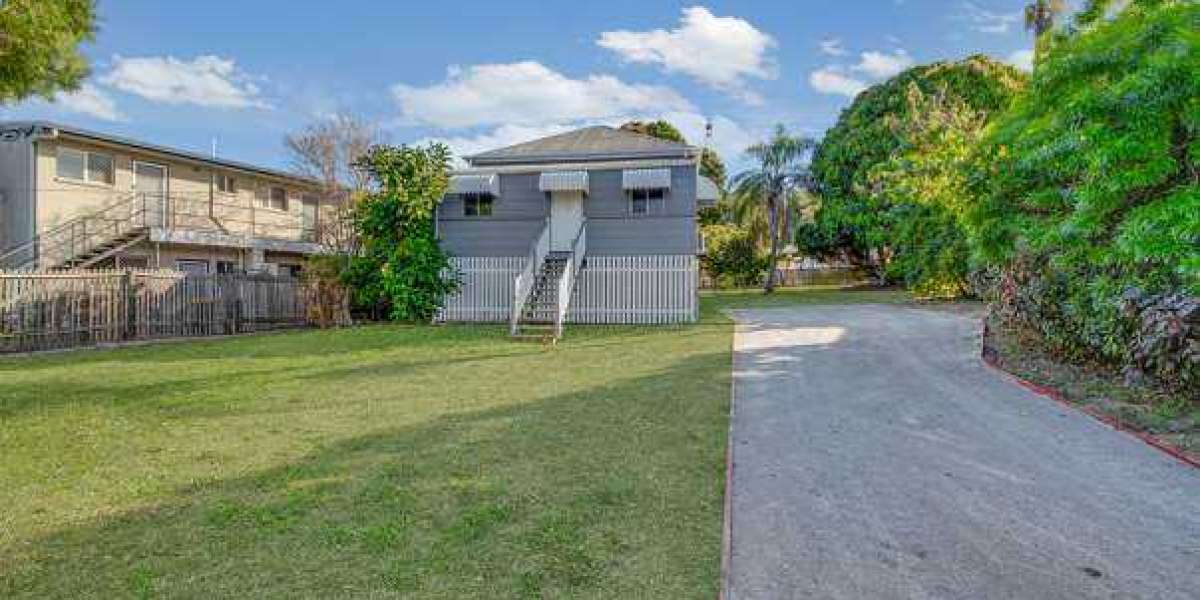Selling a property in South Australia (SA) is an exciting venture, especially for those choosing to manage the sale themselves. However, it’s not as simple as listing the property and handing over the keys. There are essential legal obligations you must fulfil to ensure a compliant and transparent transaction. One of the most critical aspects of the legal sale requirements SA is making proper disclosures. Understanding these requirements is vital if you want to sell your own home in SA without facing penalties or buyer disputes.
Why Are Disclosures So Important?
Disclosures are designed to protect both the buyer and the seller. They ensure that the buyer is fully informed about the condition and history of the property before finalising the purchase. In South Australia, failing to make these disclosures can lead to legal consequences such as contract termination, compensation claims, or litigation. As a seller, meeting disclosure obligations demonstrates transparency, reduces liability, and builds trust in the transaction process.
The Form 1 - Vendor’s Disclosure Statement
The primary legal document involved in the disclosure process is Form 1, often referred to as the Vendor’s Statement. Under the Land and Business (Sale and Conveyancing) Act 1994, Form 1 is a mandatory requirement and must be served to the buyer at least 10 clear days before settlement or the cooling-off period expires.
Form 1 includes a detailed summary of important information about the property, such as:
- Title details
- Easements or encumbrances
- Zoning and planning restrictions
- Outstanding rates or taxes
- Development approvals or applications
- Legal disputes or notices affecting the property
Preparing this form accurately is one of the most essential legal sale requirements in SA. It's usually prepared by a conveyancer or solicitor to ensure it complies with all legislation.
Material Facts and Known Defects
Besides the Form 1, sellers are legally obliged to disclose any material facts that could affect a buyer’s decision to purchase. Material facts can include:
- History of flooding or fire
- Structural damage
- Termite infestations or pest issues
- Asbestos presence
- Building defects or unapproved renovations
If you know of any issue that might influence the property's value or desirability, it’s best to disclose it upfront. Hiding such facts, even unintentionally, can be considered misleading conduct and may lead to legal repercussions under Australian Consumer Law.
Property Inspection and Reports
While a building or pest inspection is not a legal requirement for sellers, you are still expected to be forthcoming about any known issues. For example, if a past inspection revealed termite damage or foundation issues, you should provide this information to the buyer.
It is also common for sellers to proactively obtain building and pest reports to reassure potential buyers. This is especially helpful when you decide to sell your own home in SA without an agent, as transparency can significantly enhance buyer confidence and speed up negotiations.
Swimming Pools and Safety Compliance
If your property has a swimming pool or spa, South Australian law requires you to disclose whether the pool is compliant with safety regulations. This includes the presence of proper fencing, gates, and signage. Non-compliance can delay settlement or require urgent rectifications, so it's advisable to address this issue early in the selling process.
Fixtures and Inclusions
Clearly stating what is included or excluded in the sale is another vital disclosure. Ambiguity around items such as air conditioners, dishwashers, or outdoor furniture can lead to misunderstandings. Listing all fixtures and fittings included in the sale within the contract or Form 1 is considered best practice.
Selling Through “For Sale By Home Owner”
When you choose to list with For Sale By Home Owner, you gain access to helpful tools, templates, and legal guidance that make it easier to stay compliant. Their platform supports sellers throughout every step of the process, especially in meeting legal sale requirements in SA. From generating contracts to navigating disclosure laws, they provide critical support to homeowners looking to sell without an agent.
Using For Sale By Home Owner also ensures your listing reaches a wide audience through major real estate websites, all while giving you control and saving on commissions.
Final Thoughts
If you’re planning to sell your own home in SA, being aware of and fulfilling your disclosure obligations is not optional—it’s a legal necessity. Providing accurate and complete information through Form 1, disclosing material facts, and clarifying all inclusions are key steps in ensuring a smooth and lawful sale.
Proper disclosure protects you from legal consequences and promotes a successful and transparent transaction. With the right knowledge and support, especially from platforms like For Sale By Home Owner, private sellers in SA can confidently navigate the process while staying compliant with the law.


